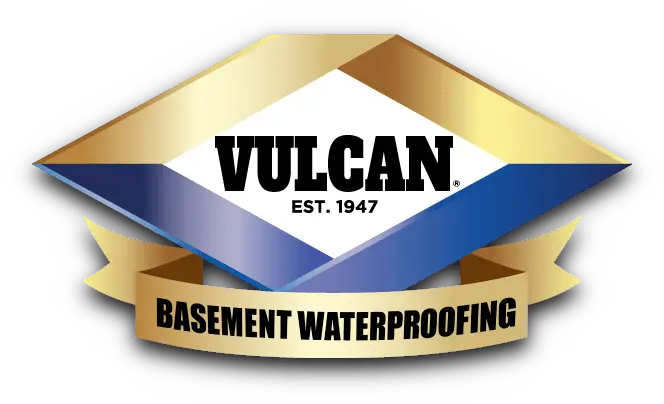How To Check For Basement Water Damage
Leaking basements or basement water seepage is a condition that must be arrested as soon as possible, or you could eventually face huge bills for repairing or replacing foundations, walls and floors. What’s more, water in your basement poses health and electrical hazards. It needn’t happen if you stay alert.
Obvious danger signs of basement water damage
Check carefully for the appearance of any of these 8 major danger signs that suggest your basement is being damaged by water.
- Wet spots on the basement walls
- Cracked walls in basement or crawl spaces
- Cracked floors
- Efflorescence
- Peeling paint
- Warped paneling
- Fungus, rot, mold and mildew
- Insects and bugs
A More Detailed Inspection for Basement Water Damage
Even if none of the above problems seem to exist, continue with a more detailed inspection of your basement walls.
- Poured concrete walls
efflorescence (a whitish powder) could indicate seepage and porosity that tend to worsen.
- Wall surfaces
Search for vertical or horizontal cracks. Some may have fully penetrated the wall, opening routes for water entry – depending on local water table and soil conditions.
- Construction joints
Explore for openings where basement walls and floors meet. Such gaps can admit water and insects, as well as lead to cracked floors.
- Mortar joints
Inspect mortar joints especially around below-grade piping and conduits when leakage appears, your floor space could be rendered unsafe for storage, carpeting or laundering use.
- Structural points
Examine corners where frames butt against foundation walls. These junctures are often uneven, resulting in gaps.
- Efflorescence
The appearance of efflorescence warns that basement water seepage is threatening your foundations and that cracks will endanger your basement floors.
- Water pipes
Check your pipes for excessive condensation.
- Masonry block walls
Look for signs of staining in the block closest to the basement floor. This could mean water is building up inside the wall and deteriorating the block’s integrity.
